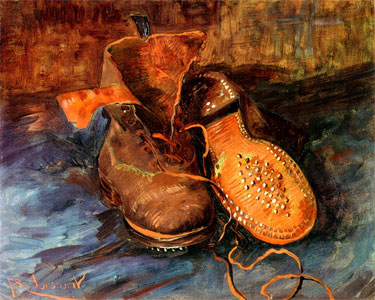The Internet makes words mean different things. If you used the word, aesthetics, pre-Instagram, then that word could have meant, “The study of the beautiful and to a lesser extent, the ugly.” Post-Instagram, the word can mean, “The results of one’s ‘gains’ from doing things to get swoll,” or to use less idiom, “the physical results of following a fitness regimen.” If you do a search of “aesthetics” on Instagram, a good portion of the 16 million posts is dedicated to hour glass figures and six pack abs.
This is the tragedy of technology: to make the masses masters of words instead of philosophers.
So that thinking about the arts isn’t drowned, I’ve revived for posterity the term, “the philosophy of art,” which is a poor substitute for aesthetics. That word to the ancient Greeks meant simply “of perception,” or the things that came to the senses. It wasn’t until the 18th century that the Greek word became elevated to something akin to “The Philosophy of Art.” Yet it meant so much more, if we consider how the great philosopher, Kant brought brought to light flaws in Humean skepticism regarding space and time by using the Transcendental Aesthetic.
Why the philosophy of art in this point in time and place? There is widespread ignorance of terms such as “temporal power,” and “phenomenology.” The latter is a tool for revealing how many of the arts lack the former. Nobody asks why certain types of photography are privileged over others: well-marketed over authentic, viral over quotidian, digital over film, sharpness over grain, single photos over photo essays. I’ve asked this question, and the answer seems to be a fetishization of technology where pixels are chosen over morsels of meaning. We live in such ignorance of how things were or can be that the simple act of questioning is a radical cure for such ignorance.
From now on this blog will be more about the philosophy of art than photography. I will still post images to illustrate points, to make a point, to surface, to adumbrate, etc. But my main task will be to continue the work of exposing the aesthetic origin of things considered not so aesthetic, e.g. much of technology is an aesthetic choice, and we learned this from Gadamer. Also, much of what is regarded as inspiring photography is merely a technological fetish, and it is this that needs to be exposed.






